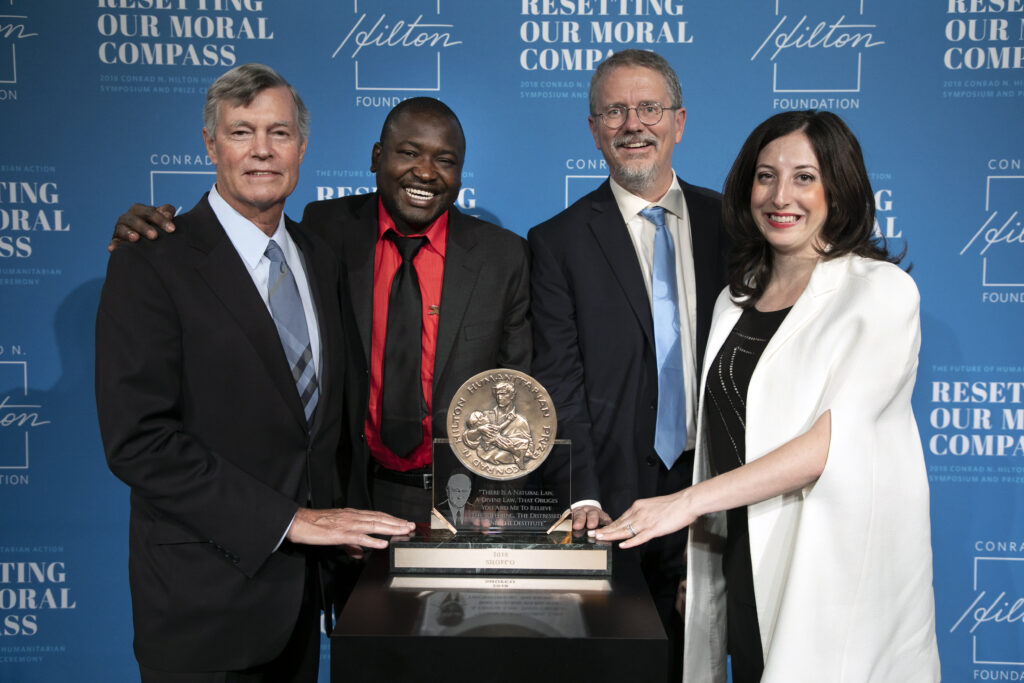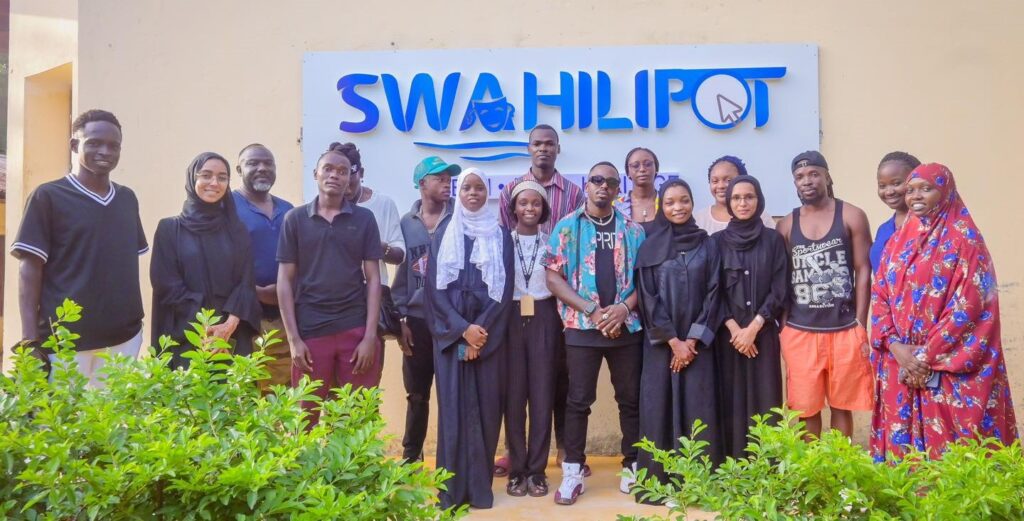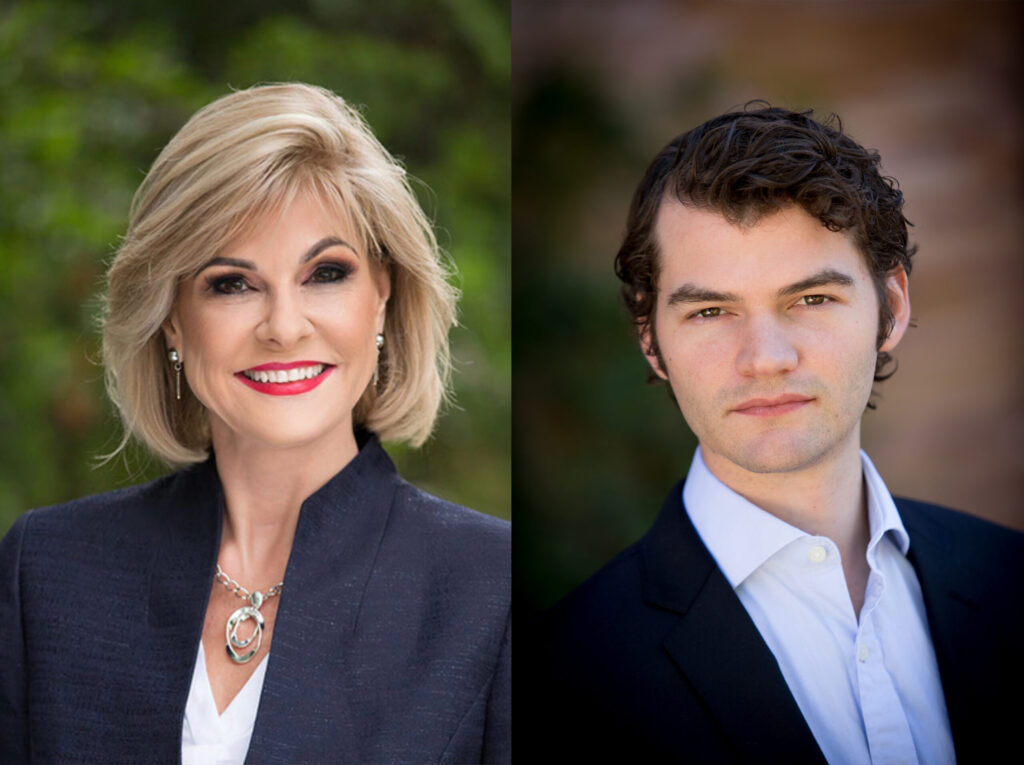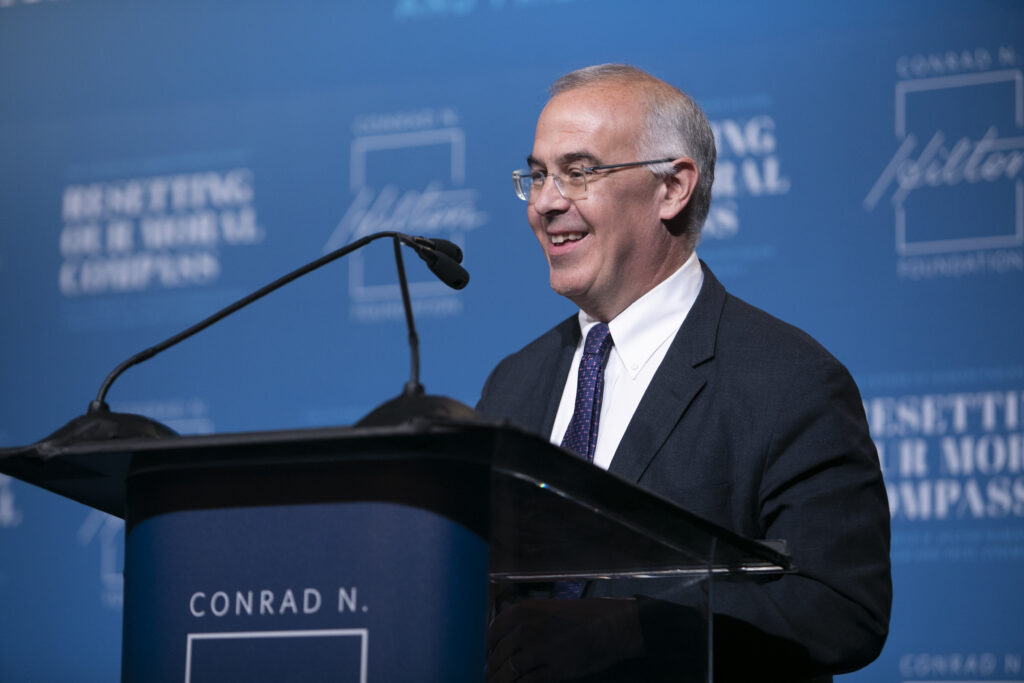
Los Angeles Mayor Eric Garcetti delivered a morning address, positioning Los Angeles as a global city that appreciates and values inclusion:
Award-winning Sudanese-American Slam Poet and Author Emtithal Mahmoud followed with commentary and poetry about her experience in Darfur during the genocide and the strength and inspiration she drew from her grandmother and mother. Her poem “Mama” drew an emotional response from the audience: “Don’t talk about the motherland unless you know // that being from Africa means waking up an // afterthought // in this country. // Don’t talk about my flavor unless you know // that my flavor is insurrection, it is rebellion, // resistance // My flavor is mutiny // It is burden, it is grit, and it is compromise.”

UNHCR Head of Communications & Public Information Melissa Fleming then invited the audience to reflect on an individual story of the refugee crisis, chronicling the harrowing experience of Syrian refugee Doaa Al Zamel’s journey to Europe. She implored, “No refugee would be on those boats if they could thrive and be safe and feed their children back home. No person deserves to die trying to reach the shore.”
Director of the University of California Global Health Institute, Thomas J. Coates, Ph.D., moderated the panel “HIV and AIDS: A Fragile Moment in Time,” in which the panelists, Academy Award-winning Actor Charlize Theron, U.S. Global AIDS Coordinator Ambassador-at-Large Deborah Birx and Regional Coordinator of International Community of Women Living with HIV North America Teresia Otieno, spoke to the importance of recognizing the intersectionality of gender inequity, conflict and social issues in addressing complex global concerns like HIV and AIDS. Theron pointed to one of the missing pieces of the conversation when it comes to building solutions, which her organization, Charlize Theron Africa Outreach Project, focuses on in its work:

The panel that followed, “#MeToo in the Humanitarian Sector: #NowWhat,” was moderated by TV Host, Author, and Founder of Women for Women International, Zainab Salbi, who recently hosted a nationally broadcast show on PBS that focused on the #MeToo movement. A CALL TO MEN’s Co-founder Ted Bunch, Project Concern International’s President and CEO Carrie Hessler-Radelet and Women Deliver’s President and CEO Katja Iversen joined her in conversation to discuss the realities of this issue for the humanitarian sector, and to identify tangible solutions to create a safer and more accountable sector. Bunch invited the men in the audience to reconsider what #MeToo means for them:
New York Times Op-Ed Columnist David Brooks later delivered a speech touching on themes of “infinite dignity,” “joint service with others,” “radical mutuality,” and “complete equality,” highlighting the selfless work of SHOFCO’s Founder and CEO Kennedy Odede, calling on the audience to reflect on how to mirror such a life, “Joy is what happens when we transcend the self. Kennedy radiates that joy.”

The rest of the afternoon was dedicated to learning about and celebrating the 2018 Hilton Humanitarian Prize recipient, SHOFCO. Kennedy Odede, along with his wife and working partner Jessica Posner Odede, and their baby son Oscar Garvey Odede, all came on stage to receive the award. In his remarks, Kennedy Odede highlighted the importance of investing in the great potential of young leaders like himself, within local communities, at this critical time. “Africa is the fastest urbanizing continent on the planet. Urbanization and its brutal consequences stands among the world’s most pressing problems. As Africa continues to urbanize, and more young people like me migrate to the slums in search of hope, but only to be met with despair…together, we must transform the urban slums so that more young leaders like our girls might start a new course for their communities and for our rapid urbanizing world.”
Following the Prize Ceremony, KCRW Reporter Anna Scott sat down with the Odedes and Academy Award-nominated Writer and Columbia University Professor Jamal Joseph for a discussion about how stories change lives. Jamal Joseph, who is writing the script for the film about SHOFCO, left the audience with inspiring wisdom that he drew from the story of Kennedy and Jessica:
The afternoon ended with five graduates of SHOFCO’s Kibera School for Girls performing the song Daima Kenya, which translates to Always Kenya. Peter Laugharn noted, “This is a song about great pride of Kenya. A wonderful note to end us on, with the lyrics translating to, ‘Our responsibility is to live with love, from the lake to the coast, north to south.’”